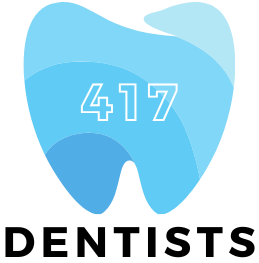Thinking about braces or aligners and wondering if your Health Savings Account (HSA) can help cover the cost? Good news: in many cases, it can! Let’s break it down.
What’s an HSA Anyway?
A Health Savings Account (HSA) is a tax-friendly way to save money for medical expenses. If you have a high-deductible health plan (HDHP), you can stash pre-tax dollars in an HSA and use them to pay for eligible healthcare costs, including dental care.
Can You Use Your HSA for Braces or Aligners?
Yes! HSA funds can typically be used for orthodontic treatments like:
- Braces (metal, ceramic, or lingual)
- Clear aligners (like Invisalign)
- Retainers (for after treatment)
- Orthodontic consultations and X-rays
The key? The treatment must be medically necessary—meaning it improves oral health, not just appearance.
What About Cosmetic Procedures?
If the orthodontics are purely for looks (like straightening teeth with no medical issues), your HSA probably won’t cover it. Treatments need to address things like bite issues, overcrowding, or similar concerns.
How Do You Use HSA Funds for Orthodontics?
It’s easy:
- Pay with Your HSA Card: Use your HSA debit card directly for payments.
- Keep Receipts: Save invoices and proof of treatment—just in case.
- Reimburse Yourself: If you paid out-of-pocket first, you can reimburse yourself from your HSA later.
Things to Keep in Mind
- Contribution Limits: You can only spend what you’ve saved in your HSA. For 2024, the limits are $4,150 for individuals and $8,300 for families.
- Installments or Upfront Payments: If you’re on a payment plan, you can use your HSA for each installment as it’s due.
What About FSAs?
If you have a Flexible Spending Account (FSA) instead, you can use those funds for braces, too. Just remember, FSAs are “use-it-or-lose-it,” so spend them before the plan year ends!
Does Insurance Affect HSA Use?
If your dental insurance covers part of your orthodontics, you can use your HSA to pay the leftover costs—like co-pays, deductibles, or what the insurance doesn’t cover.
Kids vs. Adults
Orthodontics for kids are often considered medically necessary, especially for development issues. Adult treatments, while usually eligible, may require documentation if they’re more cosmetic.
The Bottom Line
Yes, your HSA can cover orthodontics if the treatment is medically necessary. Just check with your provider, save your receipts, and make sure you’re following the rules. A straighter, healthier smile might be easier—and more affordable—than you think!



